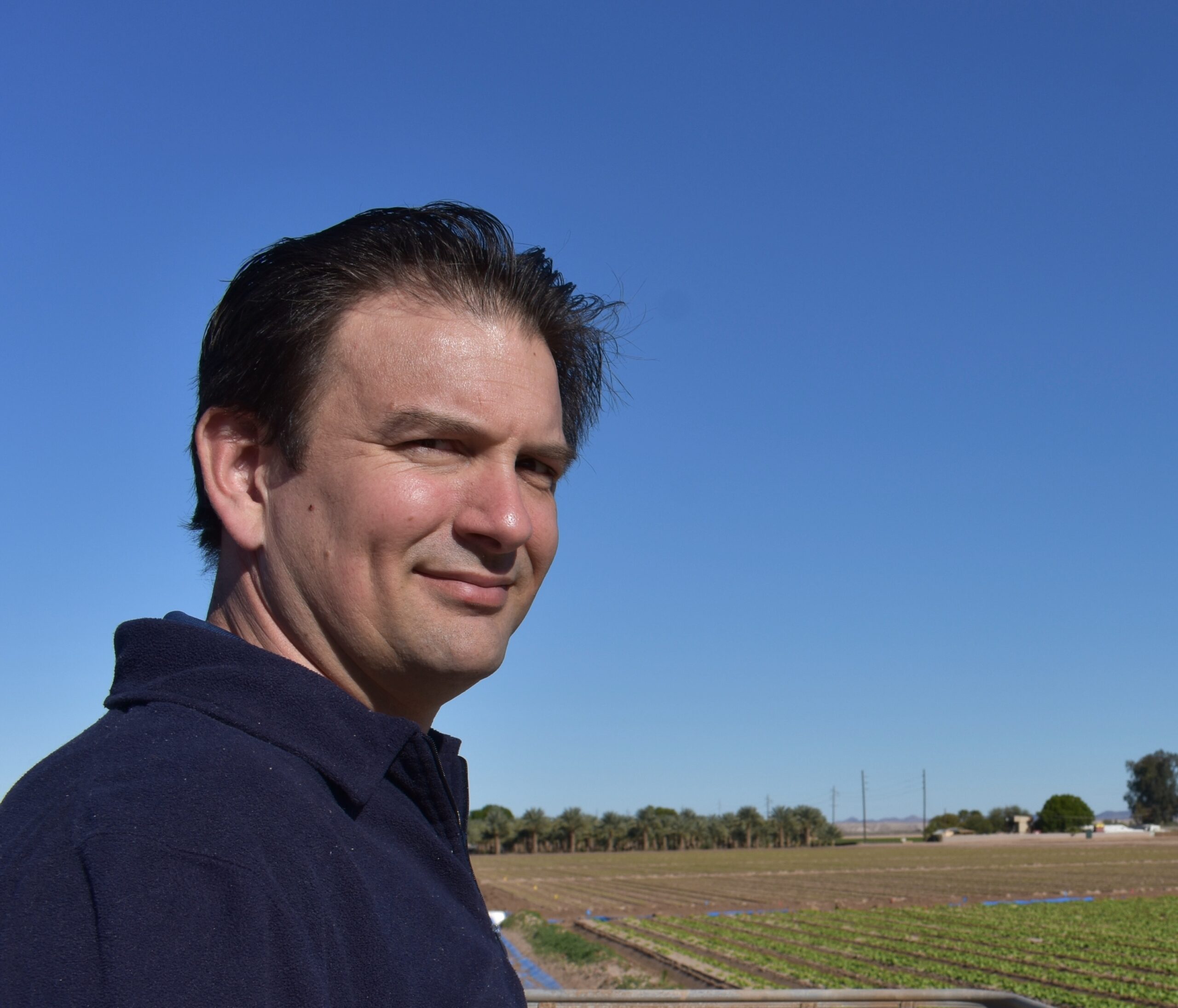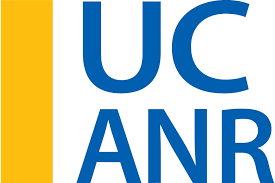State Water Board Takes Unprecedented Action to Restore Failing Central Valley Sewer System
State’s first-ever wastewater administrator appointee will oversee East Orosi sewer system
Exercising new authorities under a 2024 law to protect public health and ensure access to sanitation in disadvantaged communities, the State Water Resources Control Board today appointed an administrator to provide safe and reliable wastewater services to the Central Valley community of East Orosi.
The appointment of the Tulare County Resource Management Agency to manage East Orosi’s sewer system was facilitated by Assembly Bill 805, which allows the State Water Board to require failing sewer systems that serve disadvantaged communities to contract with an approved administrator. Gov. Gavin Newsom signed the landmark bill last September while visiting East Orosi with Board Chair E. Joaquin Esquivel, AB 805 author Assemblyman Dr. Joaquin Arambula and community partners. The board will be responsible for eligible costs associated with the county’s administrator services.
“This appointment is another milestone in the board’s ongoing efforts to ensure that all residents, particularly in underserved rural areas, have access to clean, safe, and affordable water for drinking, cooking and sanitation,” said Esquivel. “Administrator appointment authority has been a critical tool to help us secure safe drinking water for communities, and now it can serve to broaden access to wastewater services as well.”
For nearly a decade, a poorly managed sewer system has exposed residents of the disadvantaged Tulare County community to a variety of challenges, including raw sewage leaks, maintenance backlogs, plumbing issues and billing discrepancies. The administrator will take over management of East Orosi’s system, using their technical expertise and financial support from the board to restore basic sanitation services to approximately 100 low-income households. In addition, a separate technical assistance provider will conduct an engineering study of the system and provide recommendations for system improvements.
“Tulare County applauds the board’s leadership in working to cure the longstanding problems in East Orosi,” said Tulare County Supervisor Eddie Valero. “Tulare County stands ready to remedy obstacles, provide transparent management of the sewer system and work towards a long-term solution for the community.”
Following the enactment of AB 805, the board moved quickly to update its policies to facilitate the sewer system administrator process, hold public comment periods and meetings with East Orosi residents and approve nearly $390,000 to Tulare County for the administrator services. The county was selected through a solicitation process that requires it to ensure the sewer system comes into compliance with applicable sewer and wastewater regulations sustainably into the future. Since 2022, the county has served as the administrator of East Orosi’s drinking water system.
Failing and outdated sanitation systems can threaten access to drinking water supplies or cause harmful algal blooms and other environmental harm. The board is conducting a nation-leading effort to evaluate the conditions of the state’s estimated 100,000 miles of sewer lines and more than 900 wastewater treatment plants. The ongoing assessment aims to identify financial gaps and permanent funding solutions to assist more communities suffering from inadequate sewer systems like East Orosi.
Find more information at the Sewer System Administrators: Community and Program Information | California State Water Resources Control Board page.









